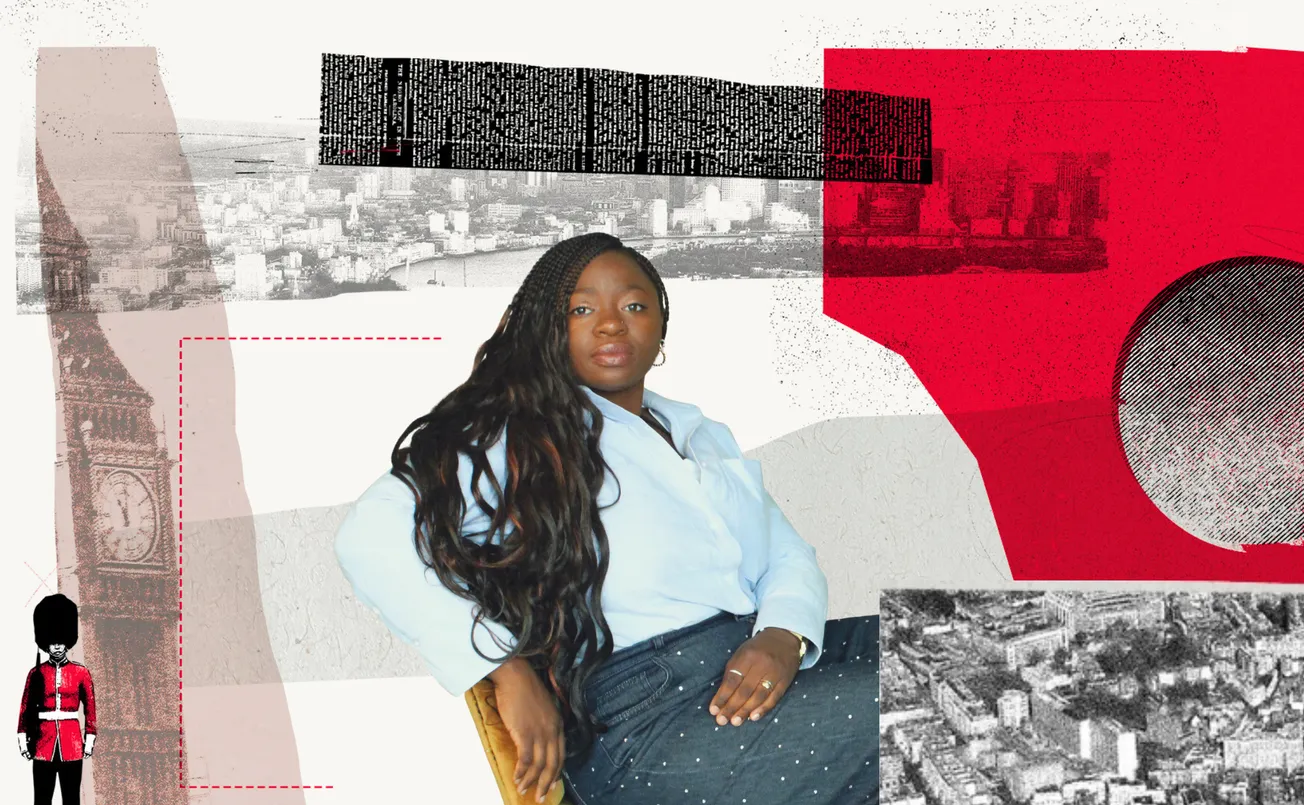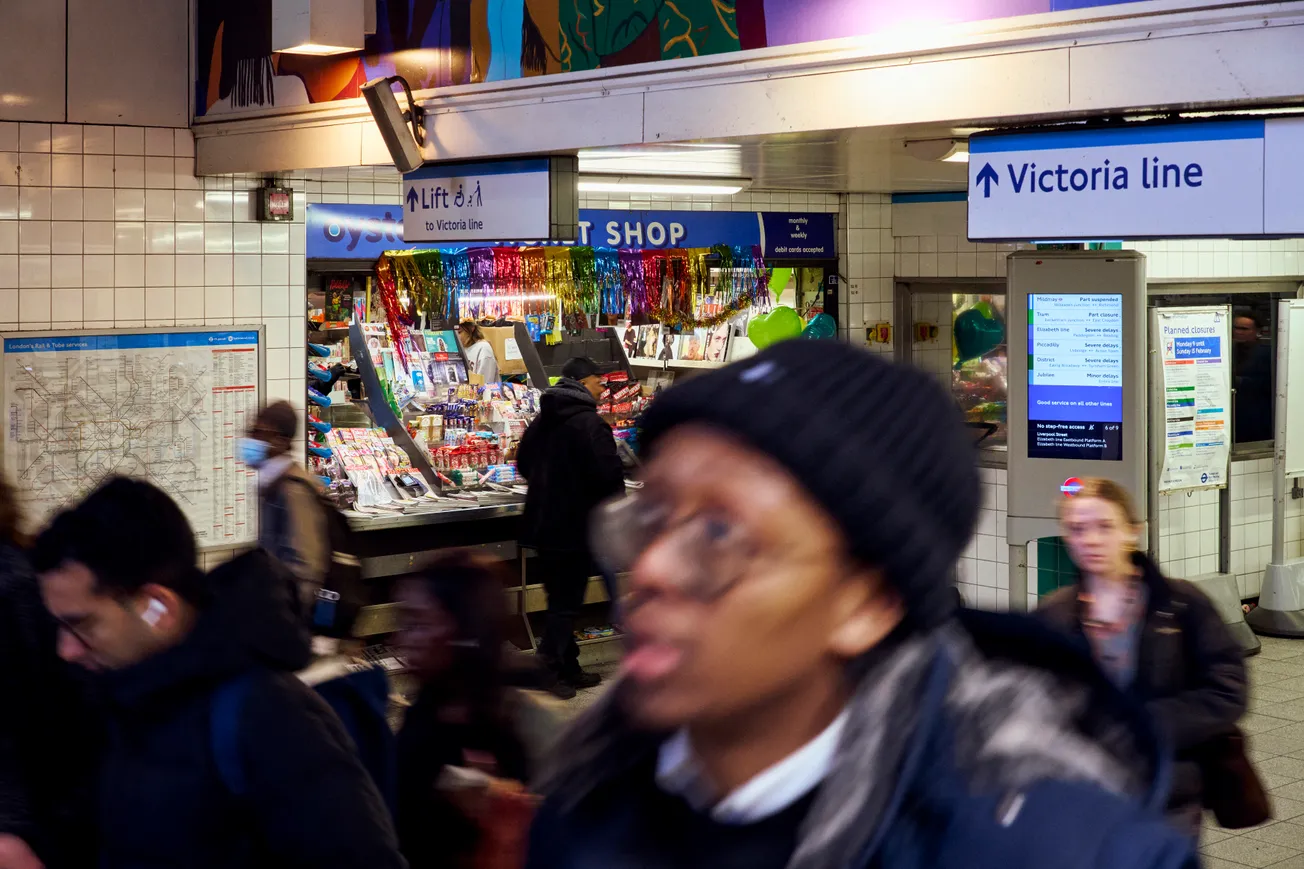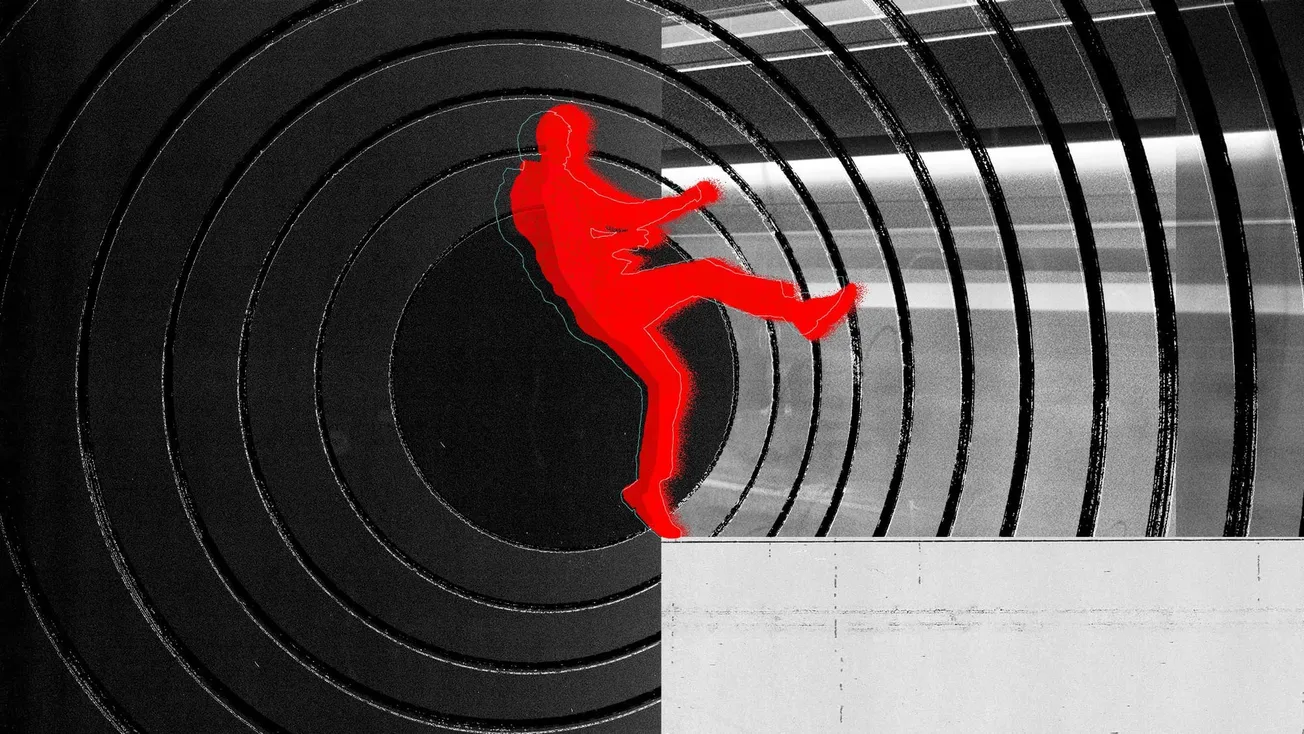In today's edition, we have our latest instalment of My First Year in London — our ongoing interview series about people's first year in the big smoke — featuring publisher and editor Marianne Tatepo. Having moved here from Brussels in 2010, she gives us the low-down on what makes the capital so special as a European, the 10-year anniversary rule and how much a bedroom in Covent Garden was in the early 2010s (get ready to wince).
My first year in London is a series in which we dive into someone’s first year in the capital, featuring everybody from moneyed young professionals to overlooked migrant workers.
This week, it’s the turn of Marianne Tatepo, a publisher at Universal Music who's worked as a publishing director and commissioning editor at Penguin Random House, as well as founding the Black Agents and Editors' Group. A born Bruxelloise, Marianne decided she needed to build a life in the capital age 15 — and, in 2010, made it a reality. Here, Hannah speaks to her about how when you're allowed to call yourself a Londoner (the "10 year rule"), how Brexit impacted her identity and how the city's secretly one of Europe's friendliest.
The Londoner: So Marianne, welcome to MFYIL. Let's start with the basics: when did you move to London and where did you move from?
Marianne Tatepo: I moved from Brussels in Belgium, where I was born and where I grew up, in 2010.
Had you been to London before?
Yes, my first visit to London was in 2006 or 2007; I was about 15 years old. And my sister was at Goldsmiths, living in New Cross, and I went to see her in the summer. At the time, the Eurostar came into Waterloo station, and I remember coming out of the train and seeing all sorts of people outside and this buzziness. And that was the moment when I came up with this plan: when I turn 17 or 18, I'm going to move to London. So I had this whole plan and, in the end, what happened is I moved at 18 for university. And, it was that same feeling — except it was St Pancras in 2010 — the same kind of energy, the same buzz happening around King’s Cross and Bloomsbury. I was so excited, and I was also very, very broke.
What were the main ways London differed from Brussels? Presumably your background meant you were used to life in a capital city?
I’m a city girl, for sure. But Brussels has around a million people, so actually, that's still a fraction of London. And my experience — as someone who was born there and grew up there and never lived anywhere else — was I felt claustrophobic. It was the kind of place where, if you went out into the city center, which is exactly what we did from the ages of like 15 to 18, you would bump into every crush you’ve ever had. I was in a little bit of a bubble of EU institution people. While it is very cosmopolitan, very black, very brown, I wasn't able to access that in my circles. London, I realised on my first visit and then moving, is the kind of a place where you can always reinvent yourself, you can always find yourself again. There's always something you've not explored, neighborhood-wise or in terms of subcultures, people, community, because you've got almost 11 million people. So I think that's one of the major differences.
Does that lead to a different energy?
Pace is definitely a factor. When I’m back in Brussels, I can feel how quickly I move when I'm there now, because I'm a Londoner. Another thing about Brussels is, while ex-pat and immigrant circles are friendly, I think overall the Belgian mindset just isn’t that friendly. Whereas, for better or worse, my observation was moving to London, people are up for a little bit of a chat, a banter.
Yeah, there's obviously this perception that London is an unfriendly place, or that people are a bit reserved or withdrawn, but I don’t think that’s true.
I think a contributing factor to that is I moved at a point in my life when I was 18 years old, and a lot of the people I came across at the time were in the exact same stage of their life as I was, yeah, so it was actually extremely easy to connect endlessly. But it's not just that, because even now I'm 33, I'm still meeting people quite often, on a bus or at a book shop or an event. That's something I love about London, the kind of serendipitous way in which you can meet people. When my best friends from Brussels visit me in London, we go out and a big observation they have is, “oh my God, everyone's so friendly”.
Where did you live when you first moved here? Student halls?
No, I never did; student halls are expensive, exorbitant — I couldn't do it because I didn't have thousands of pounds. So instead, I moved into a single bedroom in a house share for £450 a month. And it was a full house with a garden. It was in Canada Water, and my uni was King’s, so on the Strand, and everybody [there] was like ‘God, you live so far away’. It was kind of the canal bit of Canada Water; it was quite cute and quaint, a bit suburban. But on the flip side, there was a giant Tesco — I'd never seen a supermarket so big.
Have you always stayed in the area, or did you venture outside of south east?
I've done it all over the years. In second year, two friends from university and I found a flat on Page street, opposite the Regency [Cafe]. And I think we paid like £575 each. In each of these houses, there was a little gag, right? For them to be affordable. So this one, there was a whole subterfuge where you had to go through the bathroom to go to someone's room. Okay, so then you put a curtain by the toilet, and the bathroom was one of those inconvenient things… And there was no lounge, because one of the rooms was the lounge. And then in year three, we found a flat in Covent Garden, Neal Street. Amazing. I think it was £650 all bills included, an ex-local council building. So yeah, central London, south west, WC2, Bayswater, Hoxton…
London deserves great journalism. You can help make it happen.
You're halfway there, the rest of the story is behind this paywall. Join the Londoner for full access to local news that matters, just £8.95/month.
SubscribeAlready have an account? Sign In







